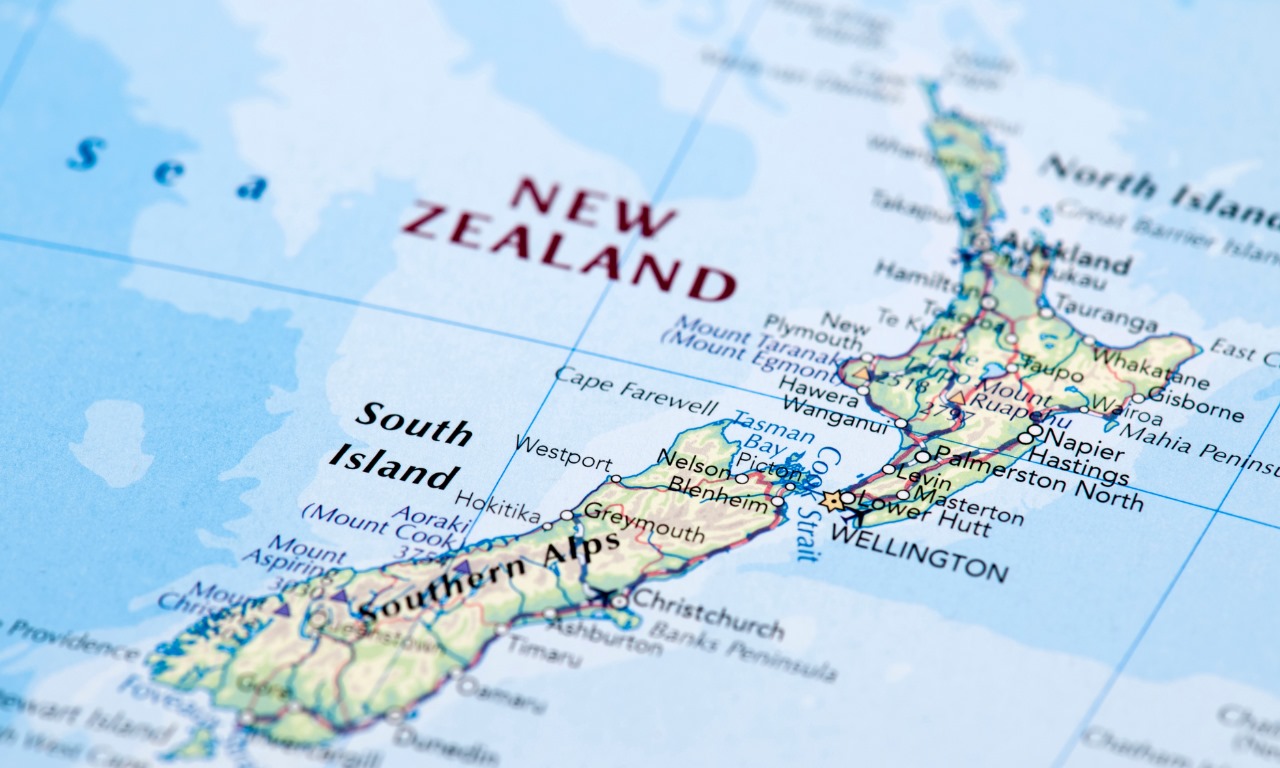New Zealand Plunges into Recession: Economic Slump Fuels Political Turmoil

New Zealand officially entered a recession in the third quarter of 2024, according to data released Thursday.
The Gross Domestic Product (GDP) contracted by 1.0% from July to September, following a revised 1.1% decline in the second quarter.
This marks two consecutive quarters of negative growth, a technical indicator of a recession. Analysts had predicted a milder contraction of 0.2%, making the sharper-than-expected slump a significant concern.
The recession dragged down the New Zealand dollar, which dropped 1.8% to US$0.5626, marking its lowest level in months.
“The 1% decline in activity is huge and much weaker than anyone anticipated,” noted a report by Kiwibank Economics. Excluding the pandemic, this six-month period is the weakest for New Zealand’s economy since 1991.
Widespread Economic Weakness
The slowdown has affected a wide range of industries, further deepening economic concerns. However, Kiwibank’s analysis suggested some hope for recovery.
The report indicated that a 1% cut in interest rates during the quarter could help stabilize the economy in the coming months.
Additionally, a statistical revision showed upward adjustments in growth figures earlier this year, providing a partial offset to recent declines.
Political Blame Game
The economic slump has ignited political tensions, with the ruling coalition and opposition Labour Party exchanging sharp accusations.
The government defended its fiscal policies, emphasizing its commitment to “respect for taxpayers’ money.”
Finance Minister Nicola Willis highlighted the broader challenges of high inflation, which led the Reserve Bank to “engineer a recession to curb economic growth.”
She noted that the economy has contracted on a per-capita basis for eight consecutive quarters but predicted a recovery in the next quarter and stronger growth in 2025.
In contrast, the opposition Labour Party placed responsibility for the recession squarely on the government’s austerity measures.
Labour finance spokesperson Barbara Edmonds accused Finance Minister Willis of exacerbating the downturn, stating, “Nicola Willis’ cuts and austerity have fed the recessionary fire. No creative accounting can make these GDP figures better.”
Broader Economic Challenges
The recession highlights broader issues facing New Zealand, including high inflation, rising borrowing costs, and a housing crisis. These factors have weighed heavily on consumer confidence, leading to reduced economic activity.
Kiwibank’s report emphasized that while economic weakness is widespread, there is potential for improvement.
The interest rate cuts and statistical revisions could serve as a foundation for gradual recovery. Despite these signs of optimism, concerns about the economy’s long-term health persist.
Impact on Workers and Job Security
The economic downturn has sparked concerns about its impact on the workforce. Craig Renney, an economist at the New Zealand Council of Trade Unions, highlighted the challenges facing workers.
“This isn’t a wake-up call; it’s an alarm. The economic situation is worse than we thought, and workers are bearing the brunt,” he said.
Rising unemployment and job insecurity have added to the anxiety surrounding the country’s financial outlook.
Outlook and Implications
The latest economic data underline significant challenges for New Zealand as it navigates a period of financial instability.
Both government and opposition leaders agree on the need for economic recovery, albeit with starkly different approaches.
Finance Minister Willis remains optimistic about growth prospects, but the opposition’s critique underscores concerns about the immediate impact on workers and job security.
As New Zealand looks ahead, the balance between fiscal responsibility and economic support will be critical in determining the trajectory of its recovery.
The government’s ability to implement effective measures to bolster confidence and mitigate the effects of the recession will shape the country’s economic future.








